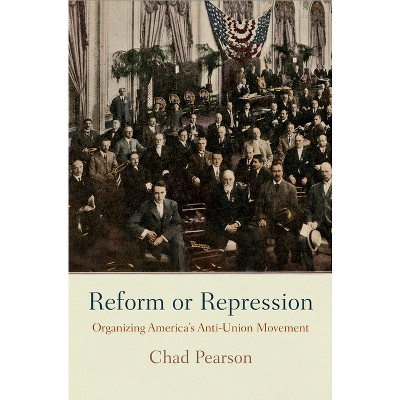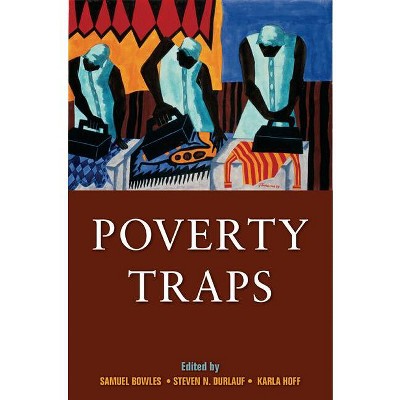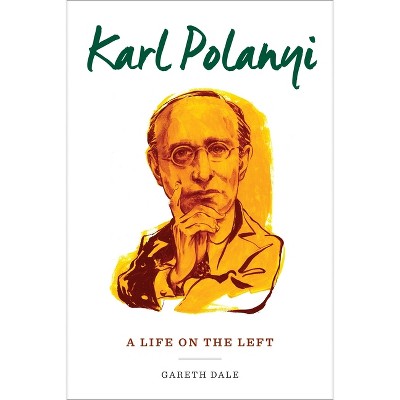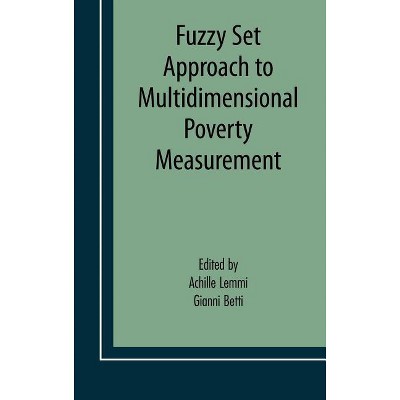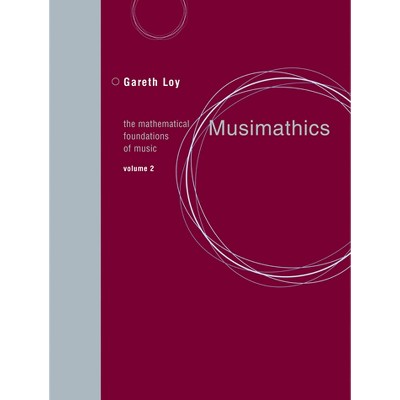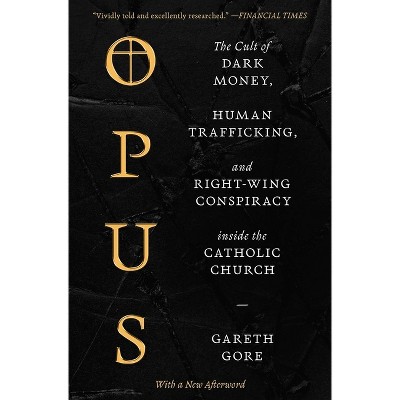Sponsored

An End to Poverty? - by Gareth Stedman Jones (Paperback)
In Stock
Sponsored
About this item
Highlights
- In the 1970s, for the first time, reformers proposed bringing poverty to an end.
- About the Author: Gareth Stedman Jones is professor of political science at Cambridge University, a fellow of King's College, and director of the Centre for History and Economics.
- 288 Pages
- Business + Money Management, Economics
Description
About the Book
In the 1790s, scientific progress, the promise of an international economy, and the revolutions in France and the United States inspired political thinkers such as Thomas Paine and Antoine-Nicolas Condorcet to argue that all citizens should be protected against the hazards of economic insecurity. In An End to Poverty?, Gareth Stedman Jones revisits this founding moment in the history of social democracy and examines how it was derailed by conservative as well as leftist thinkers. Tracing the historical evolution of debates concerning poverty, Stedman Jones makes the case that contemporary social democracy should revive this important, but forgotten strain of progressive thought. He also clearly shows how current discussions about economic issues-downsizing, globalization, and financial regulation-were shaped by the ideological conflicts of the late eighteenth and early nineteenth centuries.
Book Synopsis
In the 1970s, for the first time, reformers proposed bringing poverty to an end. Inspired by scientific progress, the promise of an international economy, and the revolutions in France and the United States, political thinkers such as Thomas Paine and Antoine-Nicolas Condorcet argues that all citizens could be protected against the hazards of economic insecurity. In An End to Poverty? Gareth Stedma Jones revisits this founding moment in the history of social democracy and examines how it was derailed by conservative as well as leftist thinkings.Review Quotes
An End to Poverty?... offers an excitingly redrawn map of intellectual history. It also makes a powerful case about our political present and future.--Stephen Howe "The Independent"
[An End to Poverty? is] a marvelous intellectual history of the debate over ending poverty, especially during the Enlightenment era of the 1790s.--Jeffrey Sachs "The End of Poverty"
[A] well-written and intelligent book.--Peter Jelavich "Journal of Interdisciplinary History"
[Stedman Jones] produces an argument that is not only powerful in its own right but should act as an inspiration and provocation to others.-- "History Today"
Jones enables us to understand that... the Enlightenment produced one of the truly radical inventions in the history of human thought.--Stein Ringen "The Times Literary Supplement"
Jones offers a lucid, erudite exploration of a fertile topic in European intellectual history.-- "Publishers Weekly"
About the Author
Gareth Stedman Jones is professor of political science at Cambridge University, a fellow of King's College, and director of the Centre for History and Economics. His works include Outcast London (1971), Languages of Class (1983), and Charles Fourier, The Theory of the Four Movements (1996).Shipping details
Return details
Frequently bought together

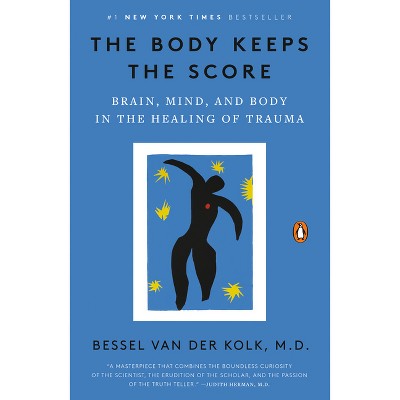

Trending Non-Fiction








